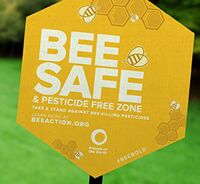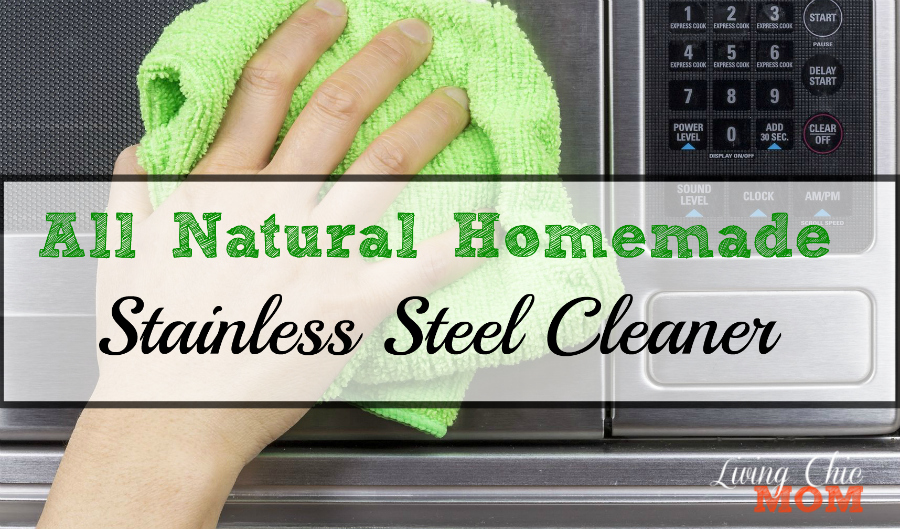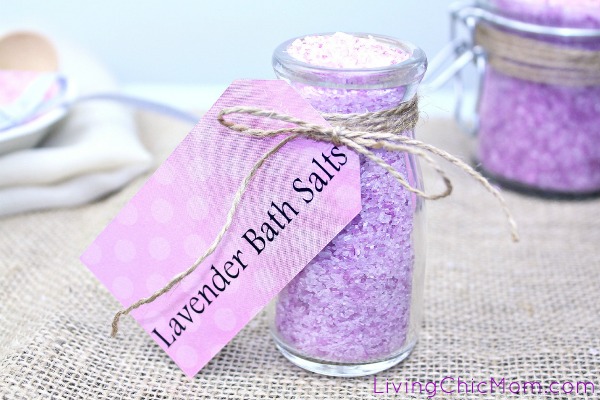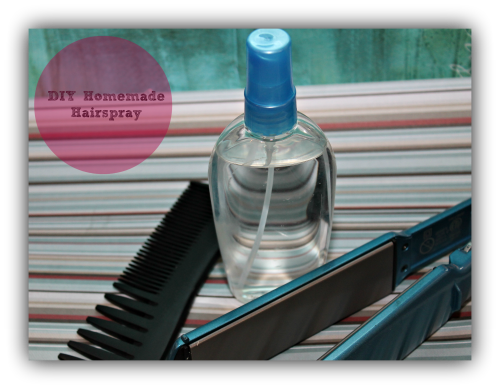
Protect the Bees! We are – are you? #BeeBold
This is a sponsored post. I received payment in exchange for my honest opinion.
Naturally my kids started out afraid of bees and a large part of that being because their dad (my husband) is allergic to them. But I have taken it upon myself to try and educate my kids on WHY honeybees are so important. As we spend more time reading books, planting in the garden, harvesting veggies and so forth my kids have gradually become more educated about the importance of bees.
The biggest and most important fact my kids have learned is that without bees, we would not have our pretty flowers, fruits, or veggies in the garden. There is no need to be “afraid” of a honeybee, simply embrace it’s presents, allow it to pollinate our flowers and move about it’s business. Meanwhile, our jobs as responsible gardeners is to make sure we are providing a safe place for our bees. Which means planting plenty of vegetation and using non toxic pesticides that are harmful to bees.
We recommend buying organic products that do not contain neonics. Our own survival is tied closely to the survival of bees and other pollinators – we must listen to what the body of science is telling us and take swift action to protect them.
Both the Friends of the Earth organization and my family are very concerned about the continued and unsustainable losses of bees and other essential pollinators and what effects this will have on our food system and the environment. Bees are dying at alarming rates, and neonic pesticides are a key contributor to the problem based on a strong and growing body of science. We need to change the law to restrict neonics in the U.S. as Europe and Ontario, Canada have done.
We’re calling on the Obama administration to immediately ban pesticides linked to global bee declines to protect the nation’s food supply, environment and economy.The current widespread use of bee-toxic pesticides is unacceptable. Neonics are toxic to bees, long-lived, and systemic – meaning they move through the plant and are in pollen – plus they widely used both in agriculture and around the home. Neonics have four strikes against them. A study by Friends of the Earth and Pesticide Research Institute found 36 out of 71 “bee friendly” garden plants – 51% — contained neonic pesticides that are harmful to bees, with no warning to gardeners.
Bees are essential for our food system:
- Bees and other pollinators are essential for two-thirds of the food crops humans eat everyday such as almonds, squash, cucumbers, apples, oranges, blueberries, and peaches.
- One out of every three bites of food we eat is pollinated by honeybees.
- Bees contribute over $20 billion to the U.S. economy and $217 billion to the global economy.
How you can do:
- Buy your plants from a store or a nursery that sells plants that are NOT treated with neonic pesticides.
- Grow your garden organically.
- Create a safe haven, bee house or put up a Mason Bee House in your yard to attract bees and give them a safe place.
- Host a Brunch!







